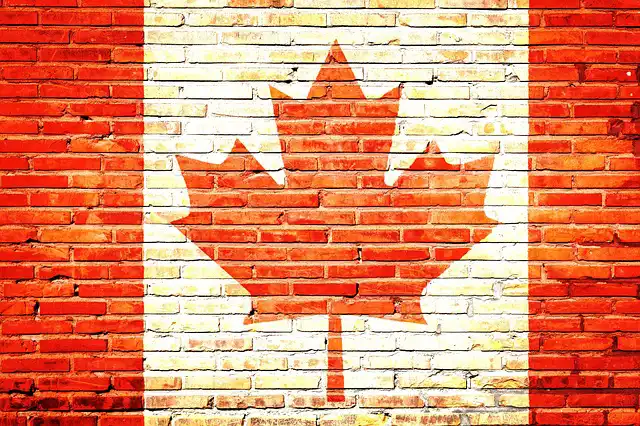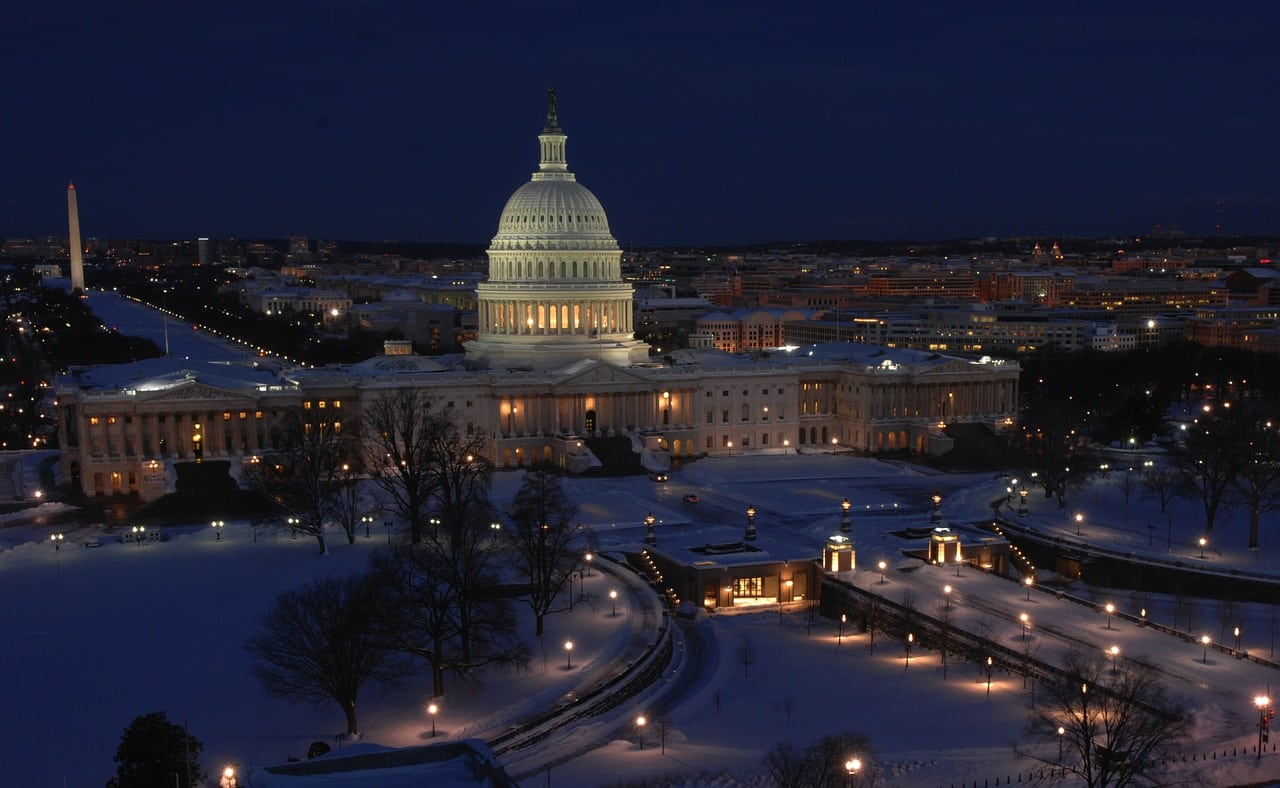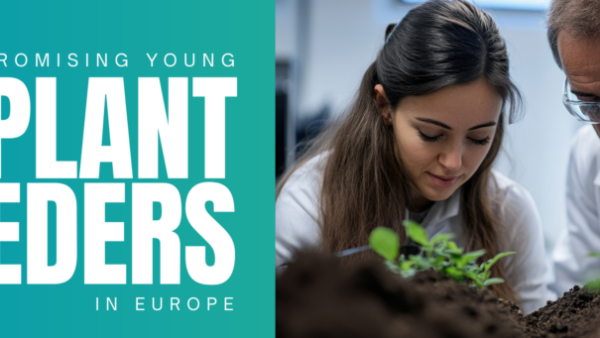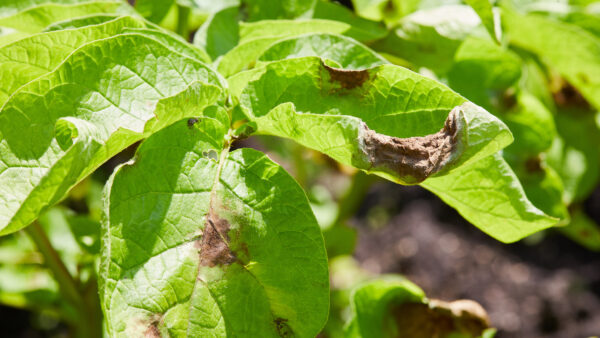The election of Donald Trump to the United States presidency is already having implications for Canadian seed and science.
When Dave Carey appeared before the House of Commons Standing Committee on International Trade to provide the seed industry’s perspective on the Trans-Pacific Partnership (TPP) in June of last year, it was with a sense of hope and optimism that the multilateral free trade agreement would pass and would have benefits for Canada’s seed sector.
That sense of optimism turned to disappointment Jan. 23 when President Donald Trump formally withdrew the United States from the TPP, effectively rendering the agreement dead in the water.
“Without them on board, the TPP can’t work the way it’s drafted. It’s not a surprise, but it’s definitely a disappointment after all these years of negotiation,” says Carey, government affairs and policy director for the Canadian Seed Trade Association (CSTA).
“I think the writing was unfortunately on the wall. President Trump made a lot of comments around trade during the campaign, but the TPP seemed to definitely be in his crosshairs.”
The TPP is a multilateral trade agreement between Australia, Brunei, Canada, Chile, Japan, Malaysia, Mexico, New Zealand, Peru, Singapore, Vietnam and — until January — the United States. The finalized proposal was signed on Feb. 4, 2016, after seven years of negotiations. It currently cannot be ratified due to the U.S. withdrawal from the agreement.
It was anticipated the TPP would have a number of benefits for the Canadian seed industry. The TPP was expected to help improve the trade of seed with attention given to sanitary and phytosanitary standards, biotechnology, regulatory cooperation and streamlined customs administration procedures.
The TPP included a Sanitary and Phytosanitary (SPS) Chapter, including provisions on regionalization, equivalence, and science and risk analysis. These provisions would likely help ensure that market access gains are not negatively impacted by unjustified SPS-related restrictions.
While addressing the issue of unjustified SPS-related restrictions, the chapter also safeguards the right of each party to take the measures necessary to protect human, animal or plant life or health. To help with the balancing act, this chapter establishes a mechanism that allows SPS issues to be addressed by experts, resulting in enhanced cooperation and resolution of issues.
When it comes to biotechnology, government representatives reported they had secured provisions on products of modern biotechnology. This emphasizes the importance of transparency in each country’s science-based approval processes for biotechnology products.
“The real benefits for seed were around non-tariff trade barriers. Something like the TPP really helps alleviate those barriers. Having a multilateral free trade agreement in place makes sorting out those barriers easier for our members,” Carey says.
“What it did for Canada was give us a level playing field in the key growth markets of Japan, Vietnam, and Malaysia which are emerging as strong markets. Seventy per cent of Canadian seed exports go to countries in the TPP, so having that trade agreement was definitely a big positive.”
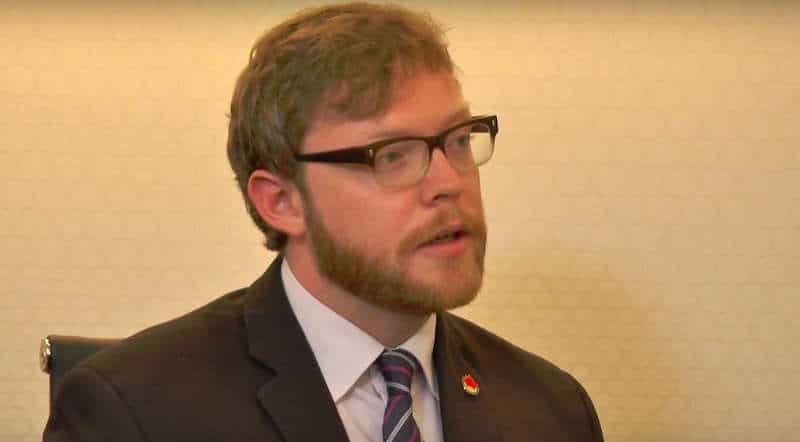
Protectionist Mindset
As Carey notes, Trump made no secret of his dislike for the TPP during the dramatic and often outrageous presidential campaign. On Jan. 23, when Trump signed the executive order pulling the U.S. out of the TPP, Trump hailed the move as “great news for American workers.” But even some of his staunchest opponents praised the move as well.
Vermont senator and Democratic presidential candidate Bernie Sanders had good things to say about the U.S. withdrawal from the TPP.
“I am glad the Trans-Pacific Partnership is dead and gone. For the last 30 years, we have had a series of trade deals — including the North American Free Trade Agreement, permanent normal trade relations with China and others — which have cost us millions of decent-paying jobs and caused a ‘race to the bottom’ which has lowered wages for American workers,” Sanders said in a news release.
For Carey, such wide support from within the U.S. for scuttling the TPP means Canada could be held back in a number of areas.
“The TPP represents a $20-trillion market of over 800 million people. That’s 40 per cent of the world’s economy,” he says.
“An aspect we really like as an industry is there’s provisions in the TPP around intellectual property which require signatories to be compliant with plant breeders rights and UPOV 91. All countries in the TPP would have to comply with UPOV 91 and ensure we’re protecting intellectual property and further plant breeding research.”
The TPP was also the first multilateral agreement to include provisions around low-level presence (LLP).
Ian Affleck, executive director of plant biotechnology for CropLife Canada, hopes that the U.S. withdrawal from the TPP does not indicate a bigger trend — a protectionist mindset that could spill over into many areas that affect Canadian seed stakeholders.

“Prior to the inauguration, the United States Department of Agriculture (USDA) published a proposed revision to its biotech regulatory framework, and we think that proposal should continue to move forward,” he says. “There are ongoing discussions on many different scientific issues and disciplines, and exactly where the Trump administration stands on those has yet to be seen.”
The USDA is proposing to revise its regulations regarding the importation, interstate movement, and environmental release of certain genetically engineered organisms in order to update the regulations in response to advances in genetic engineering and understanding of the plant pest and noxious weed risk posed by GMOs.
This would be the first comprehensive revision of the regulations since they were established in 1987.
For Affleck, this is a positive step forward. “The key to driving innovation is having a consistent and predictable regulatory framework. This is a very important time for us as trading partners to work together to determine how those new technologies will, or won’t, be regulated,” he says, but hopes the Trump administration’s approach on the matter of GMOs and its regulatory framework will remain rooted in science.
“Over 30 years of regulation in the U.S. has demonstrated that the risk GMOs pose is extremely minimal. The take-home message [of the USDA report] is that after 30 years of study and regulation, looking at 18,000 individual authorizations, the U.S. can take this history into account when modernizing its regulatory structure.”
Trump’s pick for agriculture secretary might offer a clue as to what the administration’s approach will be to the issue of agriculture and regulation. Sonny Perdue served as governor of Georgia until 2011, and once ran a grain and fertilizer business. He’s made comments in that past that were interpreted as being skeptical of climate change, writing in a 2014 editorial that, “liberals have lost all credibility when it comes to climate science because their arguments have become so ridiculous and so obviously disconnected from reality.”
Chill on Science
The administration’s approach to science in general will be one to watch, Carey notes.
“The TPP had provisions that were strong in science-based decision making,” he says. “There were provisions that required countries to make their science based approval process for new biotech traits more transparent as well.”
In January, officials at the Environmental Protection Agency and the USDA informed staff via email that they are no longer permitted to discuss agency research or departmental restrictions with anyone outside of the agency, including the news media, and that press releases and other external communications regarding taxpayer-funded work would be stopped pending further notice.
Trump signed an executive order Jan. 27, which prohibited travellers from seven predominantly Muslim countries from entering the U.S. Before the order was put on hold by a U.S. judge, it had a chilling effect on Canadian scientists like Samira Samimi, who studies climate change at the University of Calgary. The 30-year-old PhD student’s life was thrown into turmoil in January when she was informed she couldn’t enter the U.S. in order to catch a cargo plane flight to Greenland to take part in a research project studying the Greenland ice sheet.

Samimi is an Iranian-born permanent resident of Canada.
“I never thought it would affect me. As someone doing science, I’ve never been rejected going to Europe or the United States. I’ve never had problems. I’m shocked at the ridiculousness of it,” she tells Germination.
“I’m not even studying in the U.S. — I’m a resident of Canada working in Greenland. It’s such nonsense. This is science. If one country, one man, won’t let me do my science, I don’t know what to say.”
Trump has already expressed a desire to renegotiate the North American Free Trade Agreement (NAFTA), something that could have far-reaching implications for the science world.Under NAFTA, certain Canadian professionals, including research scientists, may enter the United States and Mexico to carry out professional activities for an employer or on contract to an enterprise located in a member country. This includes performing training functions or conducting seminars related to their profession. Professionals are exempt from the job-validation process normally required of individuals seeking to work in another country.
“A lot of CSTA member companies operate in the U.S., and our hope that integration of the two economies is something that will continue. If the U.S. is pulling away from trade deals, that’s their decision,” Carey says.
“If that’s the case, the next thing to do is for Canada to get out there and pursue agreements with countries that would have been in the TPP [and other trade agreements]. My hope is that Canada pursues these relationships so that we’re not solely reliant on trade with the United States. Diversification is always good.”
Affleck agrees the events down south provide a chance for Canada to chart a new path for itself in the global agricultural sphere.
“There are opportunities for Canada to be a global thought leader in what the next generation of plant breeding innovation and regulation will look like.”
—with files from Julie Deering



